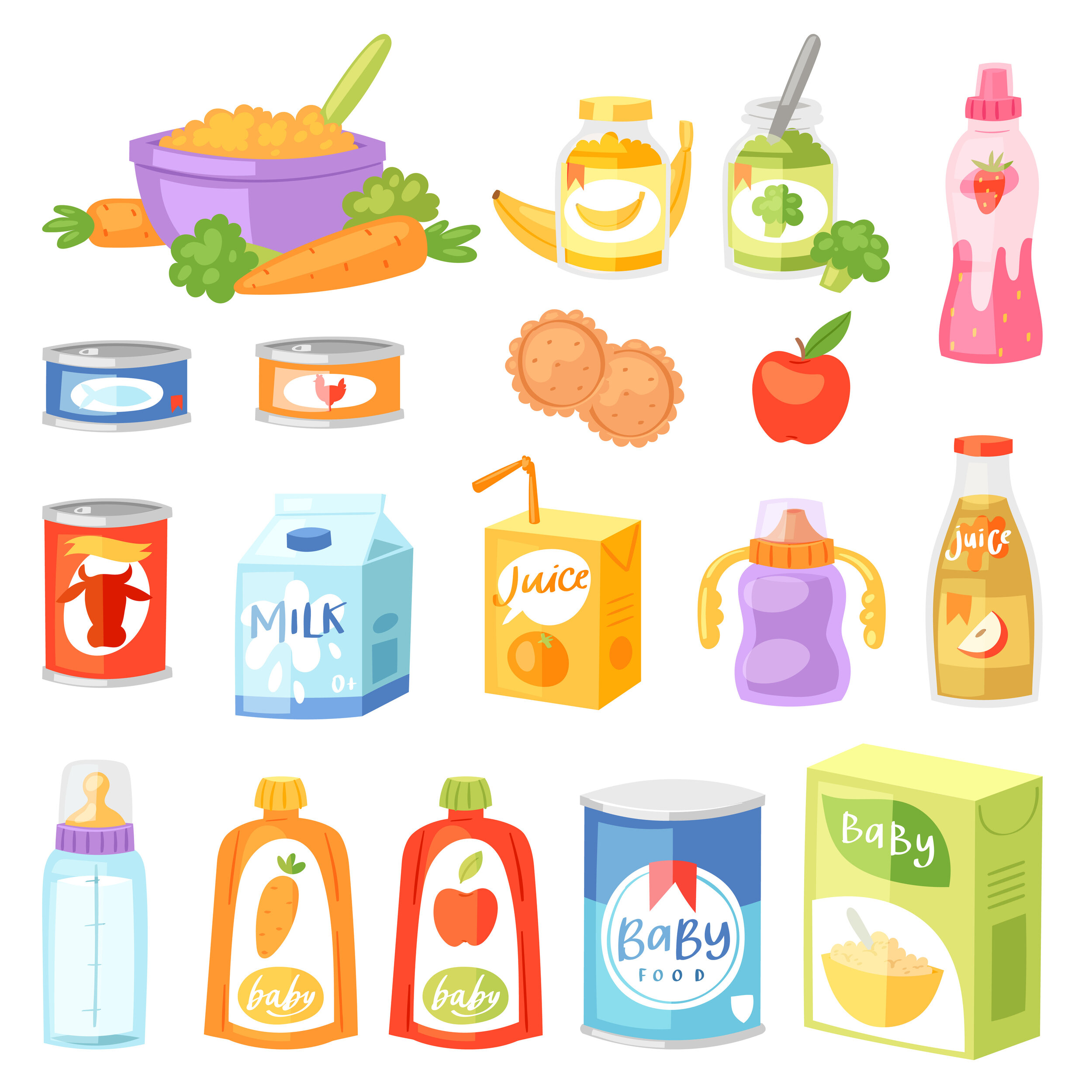Heavy Metals in Baby Food? What You Need to Know
Reading the latest news about heavy metals in baby food can be quite unsettling. Before you go into panic mode, we asked Nicole Silber, FoodieKid’s in-house nutritionist for her take on it:
While the coverage on the subject is scary, this actually isn’t “new” news! In 2019, reports were released revealing potentially harmful amounts of metals, such as arsenic, cadmium and lead found in many commercially prepared baby foods. This prompted the FDA to set limits on the amount of arsenic allowed in fortified baby cereals. But, the safety of other metals in all other baby foods, such as jars and pouches, was not addressed…
Congress is now finally addressing these reports by calling for more regulation and an establishment of limits of these metals in all baby food. After all, it took the government until 2020 to finally include children under 2 in their Dietary Guidelines for Americans. The government has been slow to focus on baby food, but it’s reassuring that they are recognizing more that what babies eat is important and will likely establish levels of safety for these metals in baby food moving forward.
Some of the heavy metals, such as arsenic and lead, found in baby food jars and pouches are naturally occurring in the soil. So, even homemade baby food, whether made with organic or conventional produce, will still have some levels of these metals. But, certain practices at some baby food companies, like the addition of some vitamins and nutrients may increase these levels.
The report called out some ingredients in some commercially prepared baby food, like cinnamon, that have been found to have higher levels of metals than what is deemed safe in bottled water and juice. But, when you think about it - how much cinnamon is being added to baby food? A pinch. Whereas water or juice are consumed by the ounce. So, when you think about a toxic load, it’s important to note the amount of these potentially tainted ingredients actually consumed.
Nicole’s Recommendations:
Avoid juice.
Avoid fortified rice cereal, and a diet high in rice based products - whether that is rice on its own or rice based snacks, like puffs. Breastfed babies do need iron in their diets, so you can use iron fortified oatmeal cereal instead, or just stick with foods high in iron like beef, lentils and eggs, or go for an iron supplement. This doesn’t mean you need to avoid rice and rice based products completely. These metals build up over time - it is not a single exposure that causes harm.
Eat a wide variety of whole foods - whether store bought or homemade, offer a mix of different vegetables, fruits, protein and grains. This is a good way to avoid a toxic load from any single food.
When you can, make your own -- while it won't guarantee you are 100% in the clear from possible soil contaminants, it will give you the comfort knowing that there are no other added ingredients (like added nutrients or flavors).
Choose baby food companies that do agree to third party lab testing of their products, like FoodieKid.

